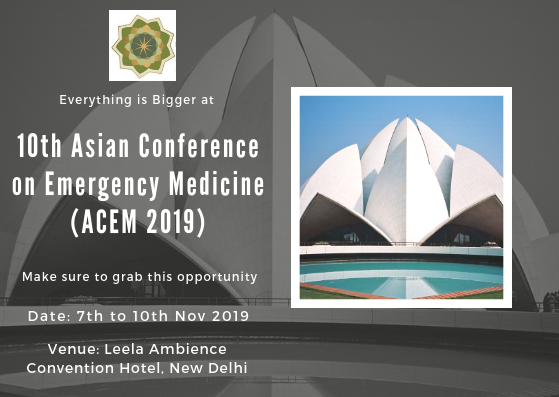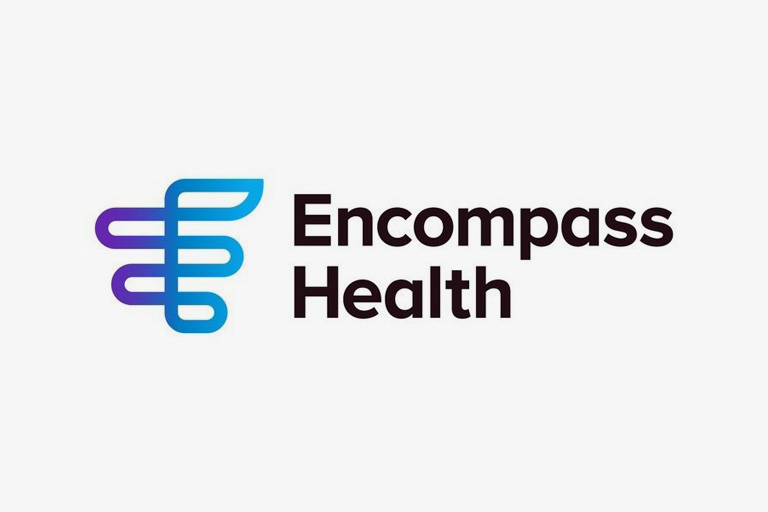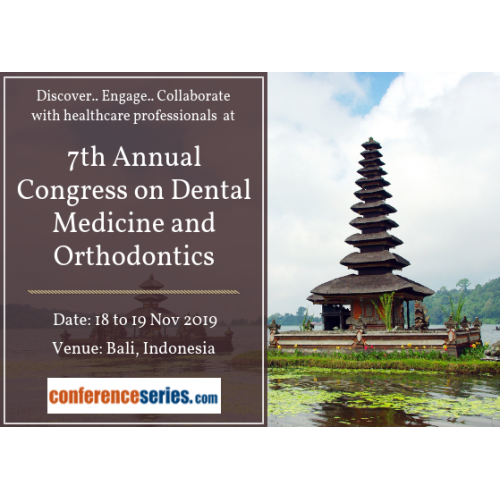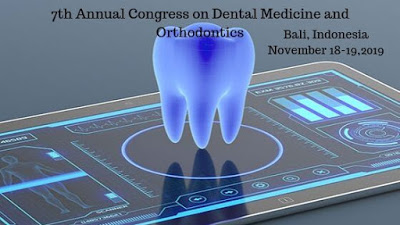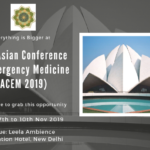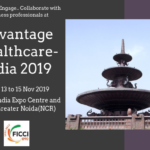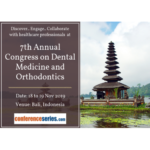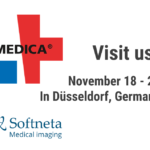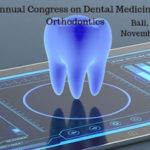In comparison to present techniques, researchers claim that a machine learning tool can uncover a large number of patients with uncommon, undetected diseases years early, potentially improving outcomes and lowering cost and morbidity. The results, authored by UCLA Health researchers, are detailed in Science Translational Medicine.
“People with uncommon illnesses might experience protracted postponements in identification and therapy, leading to needless examinations, escalating sickness, emotional strains, and monetary difficulties,” stated Manish Butte, MD, Ph.D., a pediatrician, human genetics, and microbiology/immunology professor at UCLA who treats these patients in his clinic.
Artificial intelligence techniques, such as machine learning, are finding their way into the medical field. By finding patterns in patients’ electronic health records that mimic those of individuals who are known to have the diseases, we were able to use these technologies to design a method to speed up the identification of undiagnosed patients.”
This study concentrated on a group of disorders collectively referred to as common variable immunodeficiency (CVID), which can be extremely rare, have symptoms that vary widely from person to person, and frequently go undiagnosed for years or decades after symptoms first appear.
Furthermore, over 60 genes have been linked to diseases thus far, and each individual’s problems are frequently caused by mutations in only one gene—but not the same gene from one manifestation of the disorder to another. There is no one causative mechanism, hence a clear diagnosis cannot be made using genetic testing.
One of the most prevalent inborn errors of immunity (IEI) in humans is CVID. IEIs are uncommon illnesses that make a person more vulnerable to infection, autoimmunity, and autoinflammation. There are currently about 500 known IEIs, and more are found every year. Estimated to impact 1 in 25,000 individuals, CVID is linked to impairments in both amount and function of antibodies, as well as compromised immunological responses.
Drawing on the term “phenotypes,” which refers to the observable characteristics or traits of a disease as seen in an individual, Butte and Bogdan Pasaniuc, Ph.D., a professor of computational medicine, human genetics, pathology, and laboratory medicine at UCLA David Geffen School of Medicine, led a team that developed a machine learning tool called PheNet. PheNet ranks patients according to their chance of having CVID by identifying phenotypic patterns from confirmed CVID cases.
There are numerous medical professions where uncommon immunological phenotypes, including CVID, have a clinical manifestation. For sinus infections, patients can be seen in ear, nose, and throat clinics. Pulmonology clinics may treat them for pneumonias. Long delays in diagnosis and treatment result from this fragmentation of care across multiple specialists, according to Butte, a co-senior author of the journal article alongside Pasaniuc.
Teaching immune deficits to all these busy doctors in the hopes that, even if they could identify which patients have an underlying immunological problem, they would still be too busy to refer those patients to us. We needed to locate these patients in a more effective manner.”
Our own patients say they had symptoms for years or even decades prior to being referred to our immunology clinic,” Butte continued. Numerous individuals may have received care years sooner and experienced better health outcomes if PheNet had been available. Countless patients could have received a diagnosis one to four years sooner than it did.
It is difficult to identify an electronic health record “signature” for CVID because the condition does not have a consistent clinical manifestation. In order to infer EHR signatures from patient records of patients known to have CVID and from patterns of illnesses documented in the literature, the researchers devised a computational approach.
Next, each patient receives a numerical score from the software that ranks the patients based on their likelihood of having CVID. Patients who scored highly—people the researchers refer to as “hiding in the medical system”—would be good candidates for referral to an immunology specialist.
According to Pasaniuc, the study team discovered that 74% of the top 100 patients ranked by the algorithm were likely to have CVID when they used PheNet to analyze data from millions of patient records from the UCLA electronic health record system. This was done after a blinded chart review. Butte and Pasaniuc have started implementing their AI in the actual world based on these initial results.
Initially, they validated PheNet using over 6 million patient records from several medical systems located in the University of California Data Warehouse and at Tennessee’s Vanderbilt Medical Center. Butte initiated a partnership with the immunology clinics at the University of California campuses in San Diego, Irvine, Davis, and San Francisco, wherein specialists would see the patients identified by the algorithm.
By speeding up the diagnosis of CVID, we demonstrate how artificial intelligence algorithms like PheNet may provide therapeutic benefits, and we anticipate that this will also apply to other uncommon diseases, according to Pasaniuc.
We are already seeing results from our deployment at all five of the University of California medical centers. As we extend to more diseases, we are currently refining our methodology to better detect CVID. To obtain even more details about patients and their conditions, we also intend to train the algorithm to read medical notes.
Lead author Ruth Johnson, Ph.D., a fellow at Harvard Medical School and a former member of the Pasaniuc Lab, said that tunnel vision—the condition in which different medical professionals see different parts of a disease but are unable to put the whole picture together—can be caused by limitations in the current health care system. This postpones diagnosis, particularly for the large number of CVID patients with variable multisystem symptoms. AI is capable of overcoming these challenges.
There is a rise in infections, antibiotic use, ER visits, hospital stays, and missed work and school days for each year that a diagnosis is postponed, according to the expert. The overall cost of failing to identify CVID in a timely manner is probably in the millions or billions of dollars, not to mention the emotional and financial toll it has on patients and their families.
Ruth Johnson (first author), Alexis V. Stephens, Rachel Mester, Sergey Knyazev, Lisa A. Kohn, Malika K. Freund, Leroy Bondhus, Brian L. Hill, Tommer Schwarz, Noah Zaitlen, and Valerie A. Arboleda are among the UCLA authors in addition to Butte and Pasaniuc. Contributing from Vanderbilt University’s Department of Biomedical Informatics was Lisa A. Bastarache.














